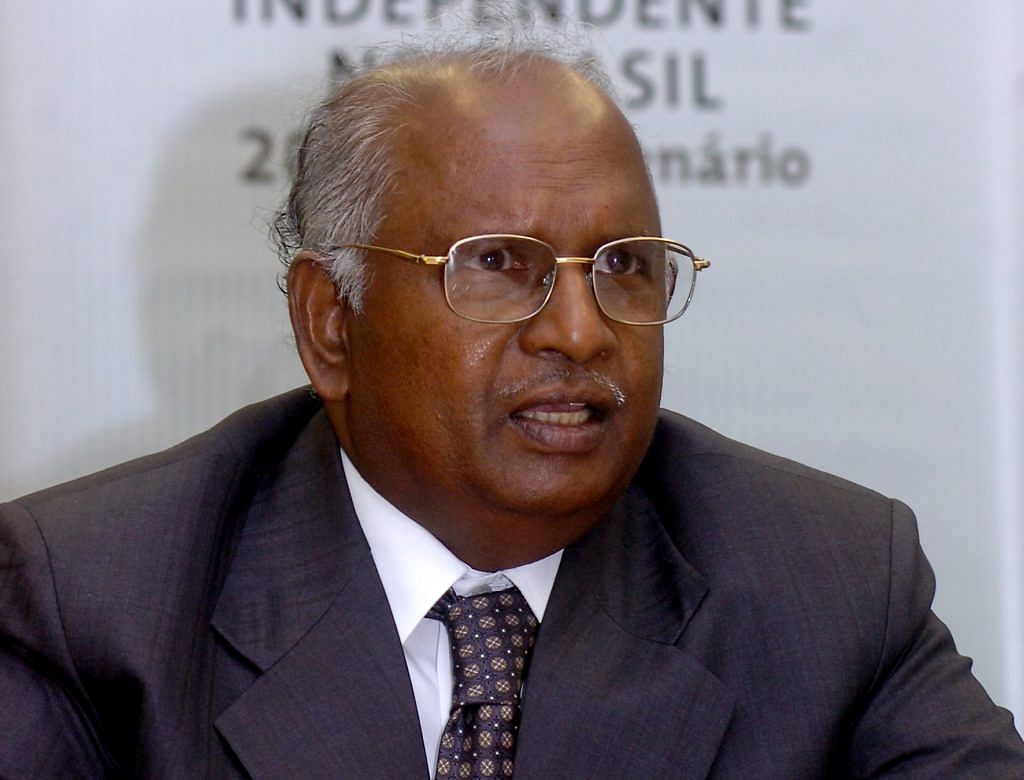ThePrint Dalit History Month
After K.G. Balakrishnan’s retirement in May 2010, no Dalit judge has been elevated to apex court; not even a single Dalit chief justice in 24 high courts.
New Delhi: Even as the country-wide Dalit protests against the Supreme Court order on the SC/ST Act gather momentum, the representation of scheduled castes in the country’s higher judiciary remains abysmally low with no Dalit judge currently serving in the top court.
In fact, in the past eight years, no judge from SC communities has been elevated to the Supreme Court. Even in the 24 high courts across the country, there is not a single Dalit judge serving as chief justice.
The only Dalit judge to have served as CJI is K.G. Balakrishnan, who retired on 11 May 2010. After his retirement, no Dalit judge has been elevated to the apex court.
“Provided a candidate is qualified, the CJ of the high court concerned should make an endeavour to uphold the social justice principle and appoint them,” Balakrishnan told ThePrint.
Even as he argued that he does not support the demands for reservations in higher judiciary, he said there must be no bias in appointing Dalit judges provided they are good candidates.
While the law ministry has written to the Chief Justice of India on several occasions to recommend names of Dalit judges for the Supreme Court, there has been no movement in this regard. There are no caste reservations in higher judicial appointments as of now.
Although law minister Ravi Shankar Prasad had told Parliament last year that his ministry had written to the CJI to take voluntary measures to increase the representation of judges from all sections, the government has, however, not supported the demands for reservations for SCs, STs, other backward classes and minorities in higher judiciary.
While it is not explicitly stated anywhere that there can be no reservation in the higher judiciary, as per convention, it is believed that the independence of the apex court may come into question if the principle of seniority in appointments is compromised, explains Anurag Bhaskar, a law graduate from Dr Ram Manohar Lohiya National Law University, Lucknow, and who is set to go to Harvard Law School.
“Then, there is also this argument of merit and quality that is given,” he added.
However, this often leads to “a sense of alienation among Dalits that a vital organ of the state does not represent us,” he said.
Speaking of the 20 March Supreme Court order on the atrocities act, Bhaskar said, “The message is that because there is no representation, the perspective of Dalits is not reaching the higher judiciary.”
While Balakrishnan refused to comment directly on the SC order, he said, “There are already sufficient protections in the CrPC to counter wrongful arrests.”
In its order, the apex court had said that public servants can’t be prosecuted under the SC/ST Act without the approval of the appointing authority. In case of private citizens too, arrests should be made only after an inquiry under the law, the court said.
ThePrint is publishing articles on Dalit issues as part of Dalit History Month.
Read more: Dalit history threatens the powerful. That is why they want to erase, destroy and jail it
